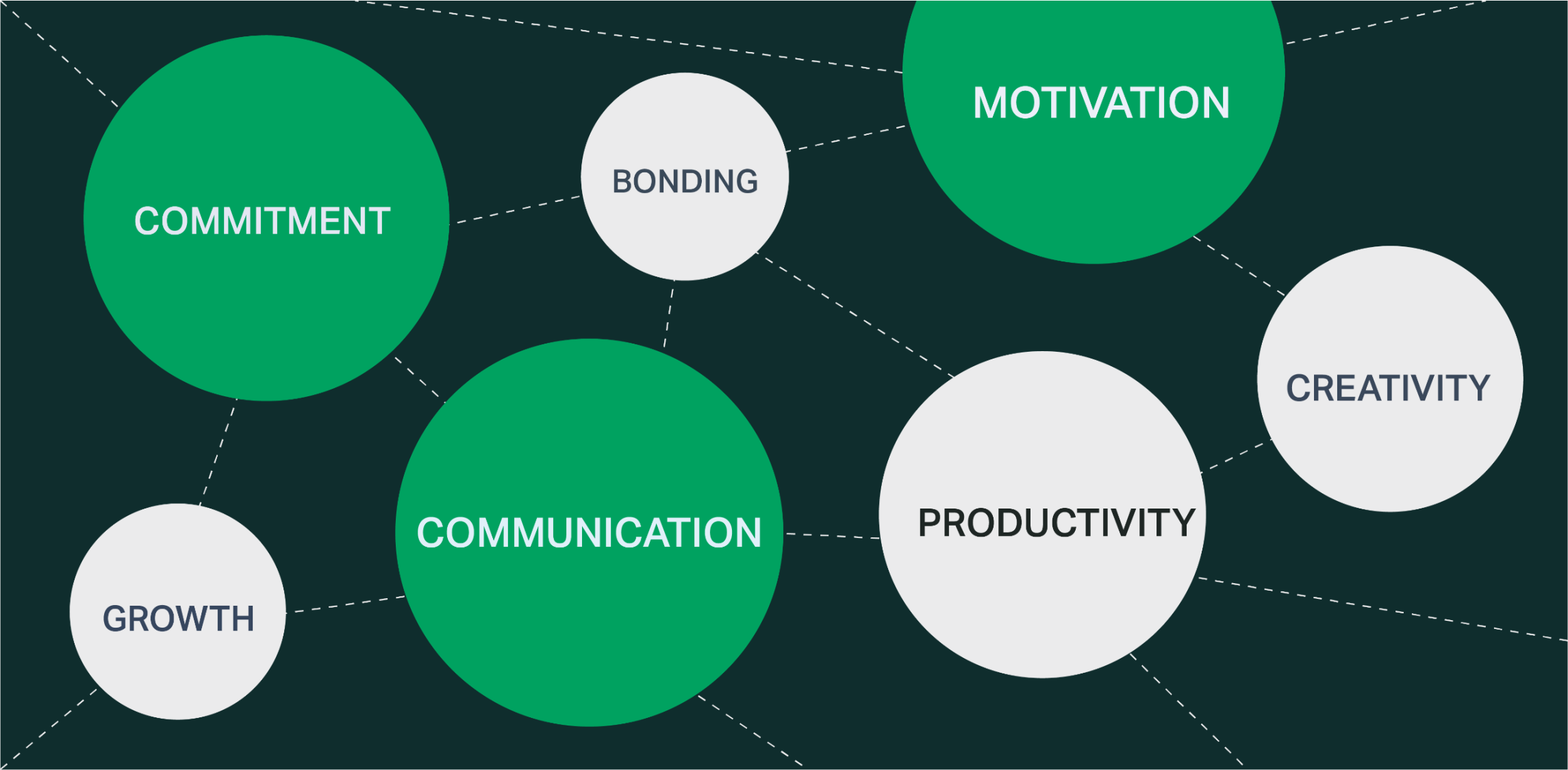In today's fast-paced world, success rarely comes from individual effort alone. Collaboration is the key that unlocks a team's true potential. It's a multiplier effect, amplifying individual skills and experiences to achieve results far greater than what anyone could accomplish alone.
Understanding the core tenets of teamwork and the stages of team development empowers you to build a well-oiled machine, one that fosters innovation, problem-solving, and ultimately, organizational growth.
Building Strong Teams: Essential Skills
Teamwork hinges on a set of core skills that enable members to collaborate effectively:

- Clear Communication: Sharing relevant ideas and information is crucial. This includes both verbal communication and nonverbal cues (body language).
- Accountability: Each team member takes responsibility for their assigned tasks, contributing to the shared goal.
- Honesty and Transparency: Open communication builds trust, facilitating efficient collaboration.
- Active Listening: Focus on truly understanding what others are saying, both verbally and nonverbally. Seek clarification if needed.
- Empathy: By understanding how others think and work, you can communicate and collaborate more effectively.
- Collaboration: Leveraging diverse skills and experiences within the team leads to better outcomes.
- Inclusivity: Creating a space where everyone feels comfortable contributing their unique talents is essential.
Stages of Team Development
Teams progress through distinct stages:
- Forming: The team is assembled, with members chosen for their skills and relevance to the task at hand.
- Norming: The team establishes ground rules and individual roles.
- Storming: As the team works together, differences in personality and opinion may lead to conflict. This is a normal stage as members learn to collaborate effectively.
- Performing: After navigating the initial stages, the team functions cohesively, achieving successful results.
The power of teamwork extends far beyond project completion. When individuals come together with a shared purpose, they build trust, respect, and a sense of belonging. This fosters a culture of innovation and continuous improvement, where challenges become opportunities and success is a collective achievement. By embracing the principles of teamwork, you unlock a force that fuels organizational growth, elevates employee engagement, and propels your company towards a brighter future.







